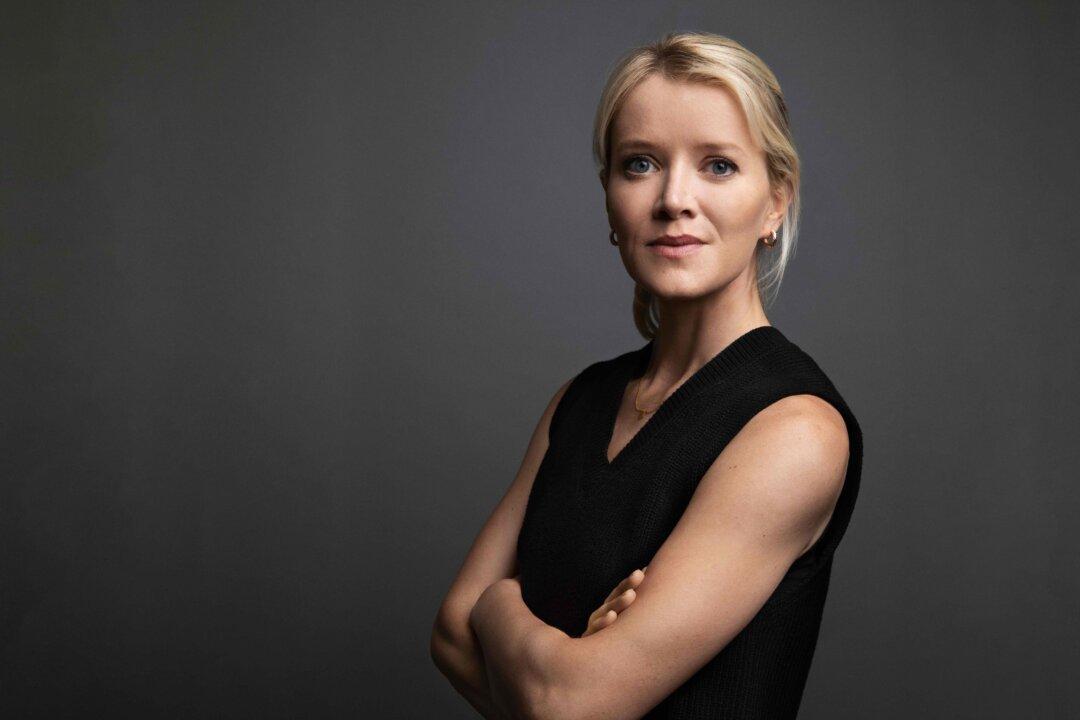For award-winning war correspondent Jane Ferguson, journalism is storytelling. She spent 15 years on the road pushing the envelope of war correspondence and the boundaries of risk in order to tell the stories of people living in conflict areas. She gives voice to people, humanizes them, listens to them, and refuses to allow them to become statistics. She has risked her life in places such as Somalia, South Sudan, and Afghanistan. She was one of eight journalists to stay in Kabul until the very last British Airways flight left, when the airport was taken over by the Taliban in 2021.
Driven in her early career by ambition, she hoped to get snapped up by one of the major networks. But Ms. Ferguson learned that this wasn’t the most important goal. Along the way, she has discovered her own authentic voice. “I hope that I have pushed the boundaries of creativity, empathy, and hopefully courage—taking risks to tell humanitarian stories,” she said.





